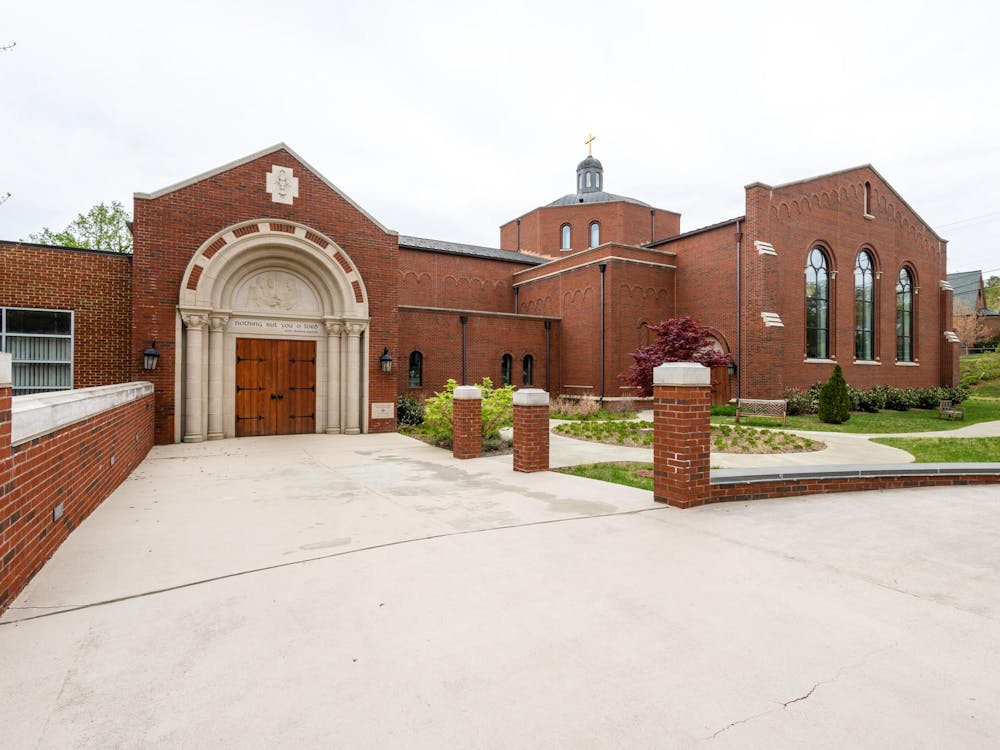Student Council members met Sunday afternoon via conference call and decided to meet again July 1 to hold a summer emergency meeting, the first of its kind for Council, in order to discuss steps which the Board of Visitors could take in the future to better integrate with the University community.
The announcement came at a pivotal time for the University as the Board will be holding a session Tuesday to make a decision about whether or not to reinstate President Teresa A. Sullivan, whose recent forced resignation has sparked protests on Grounds.
Gov. Bob McDonnell sent a letter to the Board Friday demanding final action by Tuesday, noting he plans to ask for the resignation of the entire Board on Wednesday if transparency and a rationale for change are not immediately provided, along with a unified decision.
In a statement to the public also released Friday, McDonnell noted the last fourteen days have been "tumultuous" for the University.
"The lack of an open and clear process of asking for the resignation of the first female President of UVA, as well as the vitriolic comments directed at the first female rector of U.Va., are equally deplorable," McDonnell said in the statement.
During the meeting, Council representatives considered debating to choose a side in terms of whether or not University Rector Helen Dragas should be removed, and whether the group should take a position regarding the reinstatement of President Sullivan. The participants ultimately came to the conclusion that providing a definitive statement either way might be "over-stepping" Council's role as a forum for student discussion.
Instead, Council members stated they "look forward to the Board having a resolution" with hopes that the Board would understand the "necessity and urgency of the situation that they are facing," Representative Body Chair Alex Reber said. Reber said that "Dr. Sullivan's status needs to be resolved once and for all so that the University can move forward."
Members at the meeting also discussed the possibility of proposing legislation which would aim to revise Board procedure so as to allow a voting undergraduate student member to participate on the Board.
The closest a college or university has come to placing a voting student member on a ruling board was in 2006 when the president of the College of William and Mary ordered a change in the College's practice of displaying a cross in its chapel. The decision created a controversy similar to the one which has embroiled the University during the last 14 days.
In their discussion, certain Council members voiced concern that a voting student board member might be largely uninformed and unprepared unless extensively trained.
Other members disagreed, and said a voting student member would ensure transparency and diminish the odds that an ouster such as Sullivan's would be attempted again.
Council's upcoming emergency call-in meeting will take place at Newcomb Ballroom next Sunday at 3 p.m. It was scheduled to accommodate members in different time zones.
Reber said Council would most likely hold two sets of votes when voting on issues and legislation in the meeting next week. The first set would be unofficial, and would include all representatives physically present, as well as those calling in from extraneous locations. The official vote would only include members who were physically present, but Reber said if the official vote clashed with the unofficial vote the entire vote would fail.






